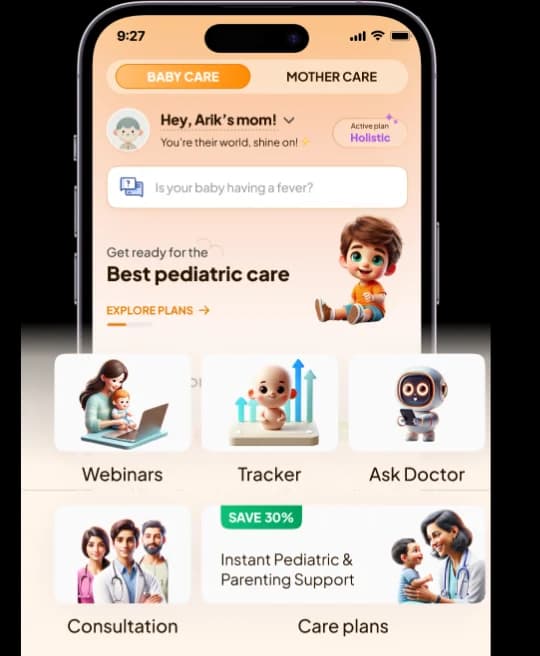
As first-time parents hold their newborn, they feel a mix of emotions, from love to responsibility, and worry about their baby's safety in a risky world. Vaccines are an essential tool for keeping children healthy and preventing the spread of dangerous diseases. Vaccinations offer protection against dangerous diseases, allowing children to enjoy a healthy childhood without the fear of contracting serious illnesses like polio and measles.
Let's delve into the benefits and concerns of vaccinations.
What is a vaccine?
A substance that helps the body build immunity to a specific disease by mimicking the infection and stimulating the immune system to produce a response.
What is the mechanism of action of a vaccine?
Vaccines introduce antigens into the body, which prompt the immune system to produce antibodies that can recognize and neutralize the pathogen if the person is exposed to it in the future.
What is herd immunity?
When enough people in a population are vaccinated against a particular disease to make it unlikely that the disease will spread, protecting both individuals and entire communities.
Vaccines Protect Against Which Diseases?
| Vaccine | Disease | Symptoms and Effects |
|---|---|---|
| BCG | Tuberculosis | Tuberculosis (TB) is an infection that primarily affects the lungs, but can also affect other organs such as the brain in infants and young children. A severe case could result in life-threatening complications or even death. When TB is contracted, it is difficult to cure, and treatment can be lengthy and unsuccessful. |
| Hep B | Hepatitis B | The hepatitis B virus is a threatening liver infection that can go unnoticed for decades if caught as an infant. Later in life, it can progress to cirrhosis and liver cancer. |
